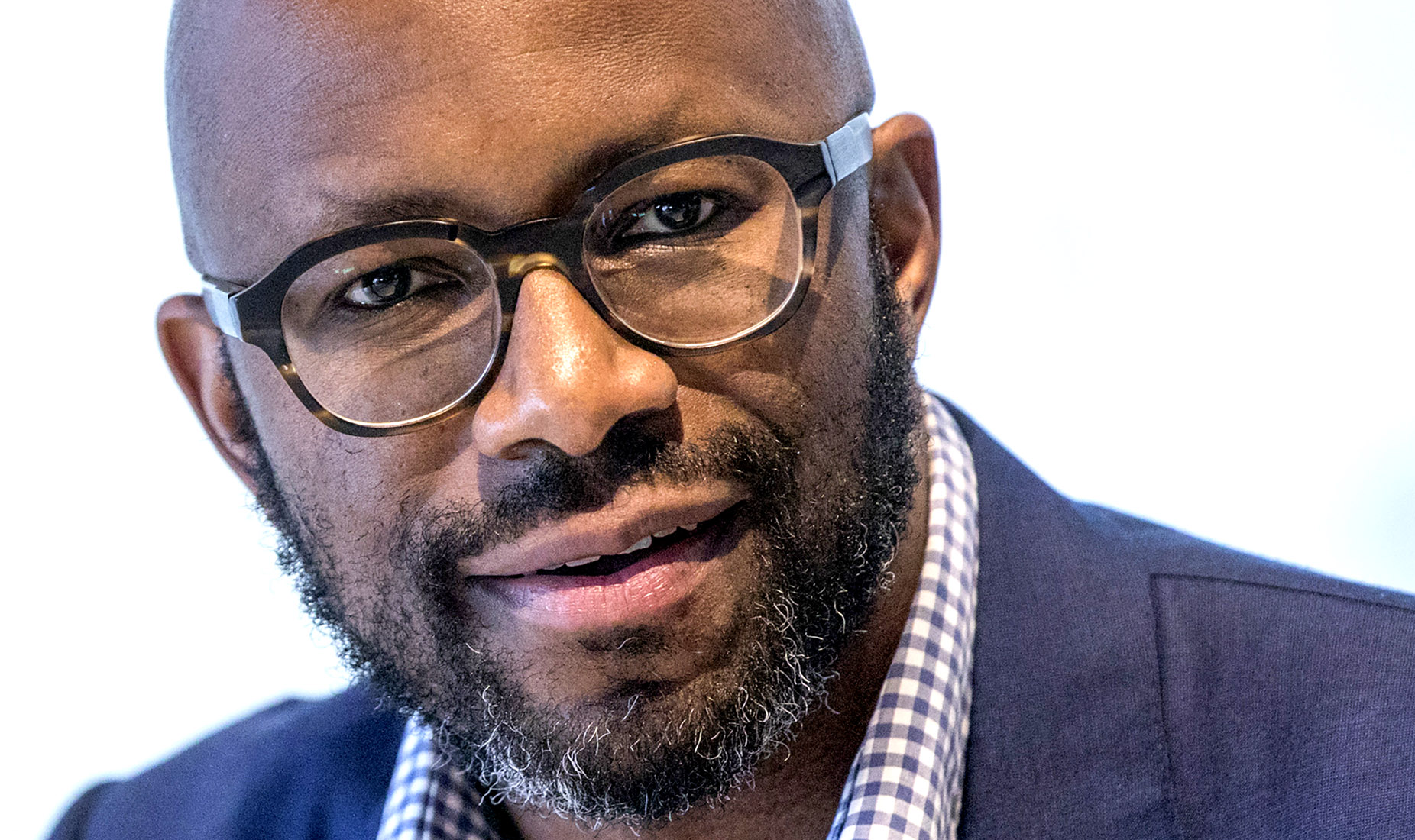President and CEO Ralph Mupita dreams of MTN becoming, and launching, African tech champions – large, indigenous digital businesses globally recognised as leaders in their field. Step one in achieving this vision is, of course, building out the connectivity and financial infrastructure.
Oddly, step two is partnering with the UK’s Synamedia to develop a new streaming platform for mobile and fibre subscribers across Africa. This platform aims to “transform video consumption in Africa with high-quality, accessible and relevant content”, according to the network’s chief commercial officer Selorm Adadevoh.
The platform will have a curated content strategy adapted to local cultures, languages and viewing habits in each market.
MTN is, of course, not entering a content vacuum. Instead, Africa’s streaming landscape is competitive, where MultiChoice’s Showmax has a strong foothold, alongside global competitors such as Netflix, Disney, Amazon Prime and Apple TV.
The company believes it has a “unique opportunity” by focusing on:
- High-quality, accessible, and relevant content;
- Offering local content that is not currently carried by other streaming platforms. MTN aims to curate and provide Nigerian and other African content that its daily customers will appreciate;
- Providing connectivity alongside TV content, recognising the trend towards integrated services; and
- Employing diverse monetisation models, including subscriptions, ad-supported content and free streaming channels with targeted advertising
The fintech advantage
In 2024, MTN’s fintech segment demonstrated strong growth, contributing 28.5% to the group’s service revenue in constant currency terms. Advanced fintech services, such as BankTech and remittances, accounted for 30% of the total fintech revenue, reflecting a 4.3 percentage point increase from the previous year.
Mupita describes this as MTN’s evolution from a traditional telecommunications company into a “technology media company” offering fintech, digital and entertainment services in response to declining voice revenues.
While the plan behind this evolution is to be strategically positioned to navigate economic volatility, regulatory changes and competition while focusing on data services and financial inclusion across its African markets, the execution is tricky.
One headache in Africa is the economic instability and currency volatility in key markets, particularly Nigeria.
Mupita mentioned the “macro headwinds” and specifically the “naira volatility”, which significantly affected financial results. He noted the extreme fluctuations of the naira during the year, indicating the difficulty of operating in such an environment.
Capex focus on connectivity coverage
A capex framework of R30-35-billion for the current financial year will be spent on expanding connectivity coverage and launching a streaming service.
“The R30-billion to R35-billion capital this year is pretty much the same as last year,” Mupita said in response to Daily Maverick’s questions about investment plans for 2025 during a recent roundtable discussion with local media.
Within that, the big yellow network is doubling down on what the CEO calls an “enormous growth opportunity in wireless and home in Nigeria,” with a specific focus on building out infrastructure in various states and expanding fixed wireless access.
South Africa also remains a priority, with considerable resources allocated to network resilience through investments in batteries, generators and power backup systems. This is most likely to match the R10-billion spent last year to protect the network from load shedding risk.
Both countries will be primary markets for MTN’s 5G deployment strategy, which Mupita described as "focused and pragmatic," considering existing infrastructure and the evolving device ecosystem.
What this means for you
More local content –The platform promises content tailored to local languages, cultures, and preferences, potentially giving South Africans better access to homegrown shows and stories that reflect their realities.
Improved access – By bundling streaming with mobile and fibre services, MTN could offer more affordable, data-efficient viewing options.
New fintech tools – MTN’s focus on fintech (like mobile wallets and remittance services) could expand financial access, particularly for the unbanked or underbanked. More South Africans may be able to send/receive money, pay bills, or access digital banking without needing a traditional bank account.
Better network resilience – Continued investment in network infrastructure (like load shedding backup systems) should mean more reliable connectivity, especially during power cuts.
More streaming choice – MTN is entering a crowded space with Showmax, Netflix, and others, but competition might drive innovation, price competition, and better service for users.
Jumping regulation hurdles
Mupita says the company’s Ambition 2025 strategy remains “strongly intact”, despite these issues. This strategy is “based on the viewpoint that says across African markets there is a data story developing, there’s a financial inclusion story developing, and we are best positioned to capture that”.
“We’re now implementing the commercial agreement with Mastercard across several markets. (If) you travel across our markets, you (will) find MTN MoMo with virtual wallets and physical cards actually now coming in. Markets such as Rwanda, Uganda, Côte d’Ivoire, Cameroon and Ghana will be the first wave,” he said.
Nigeria represents a particularly promising frontier for MTN’s fintech ambitions, though regulatory constraints remain – when asked about the limitations of the Payment Service Bank (PSB) licence, Mupita admitted that “the licence does not enable us to implement direct lending. So lending is something that we want to directly drive in our offering.”
Rising challenges for tech champions
Mupita also acknowledged growing investor questions regarding the GNU’s stability and commitment to economic reforms, particularly in light of recent Budget announcements.
Concerns were raised about the South African government’s approach to competition policy, which some investors perceive as overly “EU-centric” and potentially hindering the development of “national tech champions”.
Mupita expressed a strong conviction in Africa’s digital future.
“I truly believe because I think we can be more deliberate about the kind of evolution of the digital ecosystem that we want to see built across Africa.”
He said that this ambition was unique to the continent’s needs and potential, drawing inspiration from India’s significant digital advancements since 2014, suggesting that a similar transformation was possible in Africa. DM





